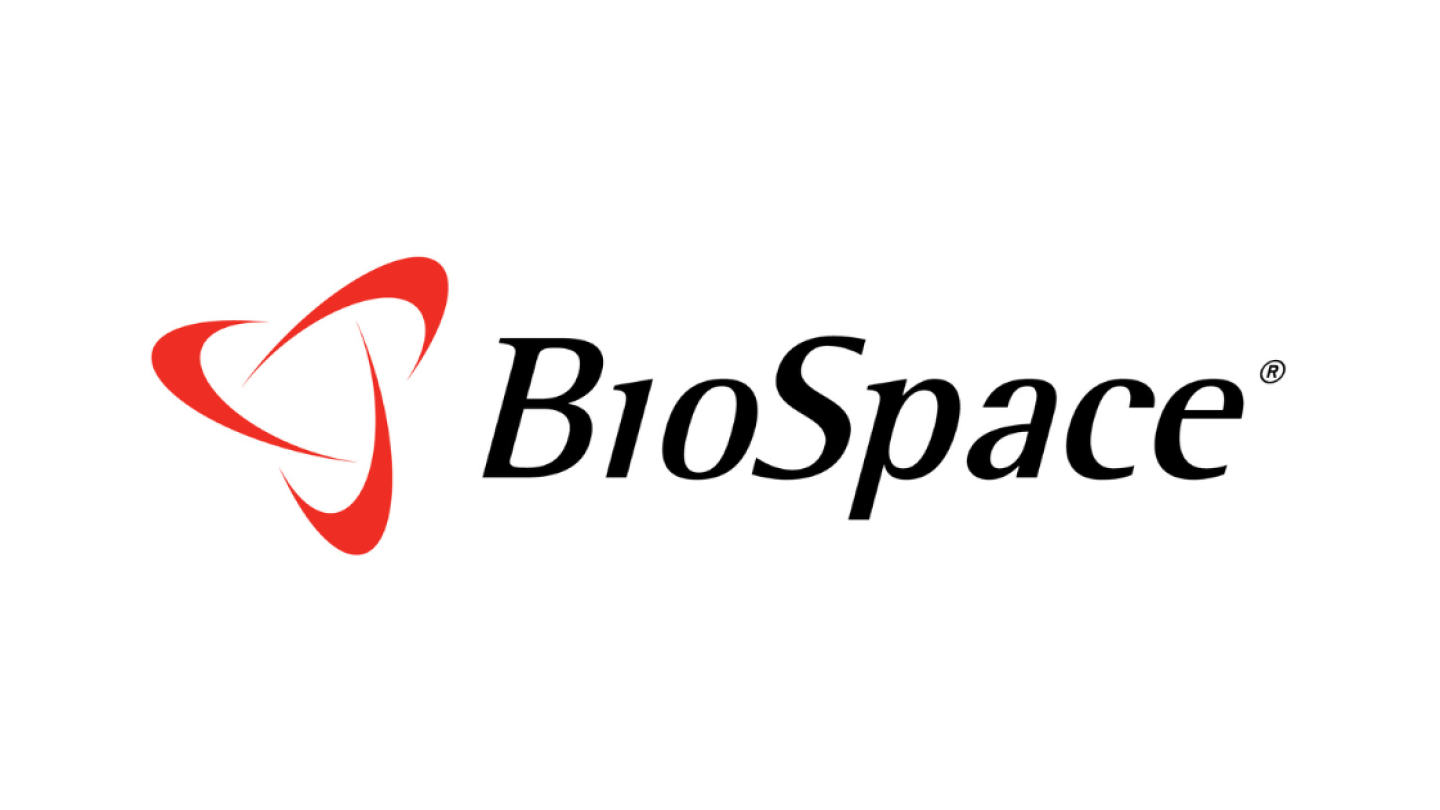2025: Key trends and predictions for digital transformation in healthcare

The healthcare industry is undergoing a seismic shift, with Digital Transformation in Healthcare poised to redefine how care is delivered, managed, and experienced. By 2025, healthcare systems globally will be more connected, intelligent, and patient-centric than ever before. Emerging technologies, such as artificial intelligence (AI), wearable devices, blockchain, and telemedicine, are leading this transformation, enabling providers to enhance patient care, improve operational efficiency, and foster innovation.
This article explores the key trends driving digital transformation in healthcare and offers insights into what the future holds.
The Evolution of Digital Healthcare
The concept of Digital Transformation in Healthcare encompasses integrating advanced technologies into traditional healthcare systems. It is not just about adopting new tools but about rethinking how healthcare is delivered—ensuring accessibility, efficiency, and personalization.
Post-pandemic, the demand for digital healthcare solutions has skyrocketed. Patients and providers alike now expect digital solutions to simplify processes, improve outcomes, and reduce costs. This evolution has paved the way for groundbreaking advancements that will shape healthcare in 2025.
Key Trends in Digital Transformation in Healthcare by 2025
1. Telemedicine and Virtual Care Will Dominate
Telemedicine has emerged as a cornerstone of modern healthcare. By 2025, virtual consultations will become routine, thanks to robust platforms and widespread internet connectivity. Telemedicine will go beyond video consultations to include remote monitoring, AI-driven diagnostics, and virtual care teams.
This shift is especially significant in underserved and rural areas, where access to specialists is limited. Virtual care bridges this gap, ensuring equitable healthcare access for all.
2. IoMT and Wearable Devices Revolutionise Health Monitoring
The Internet of Medical Things (IoMT) is transforming patient care by enabling real-time health monitoring through wearable devices. From smartwatches tracking heart rates to glucose monitors providing instant readings, IoMT devices empower patients to manage their health more effectively.
By 2025, these devices will seamlessly integrate with healthcare systems, providing valuable data for personalised treatment plans and early diagnosis of health conditions. This connectivity also enables healthcare providers to offer preventive care, reducing hospital admissions and improving outcomes.
3. Artificial Intelligence Powers Precision Medicine
AI is already making waves in healthcare, but its impact will be even more pronounced by 2025. From automating administrative tasks to enhancing diagnostics, AI will be a key driver of efficiency and innovation.
One of the most significant applications of AI lies in precision medicine. By analysing genetic, environmental, and lifestyle data, AI can recommend personalised treatments tailored to individual patients. This approach not only improves effectiveness but also reduces the risk of adverse reactions.
4. Blockchain Secures Patient Data
Data privacy remains a critical concern in healthcare, and blockchain technology offers a promising solution. Blockchain provides a decentralised, tamper-proof way to store and share sensitive medical data, ensuring compliance with global regulations like GDPR and HIPAA.
By 2025, blockchain will play a pivotal role in securing electronic health records (EHRs), streamlining data-sharing processes, and enhancing trust between patients and providers.
5. Virtual Reality (VR) and Augmented Reality (AR) in Medicine
VR and AR technologies are set to revolutionise medical training, diagnostics, and patient care. By creating immersive simulations, these technologies allow medical professionals to practice complex procedures and improve their skills.
Patients will also benefit from AR and VR, as these tools can be used for pain management, rehabilitation, and even mental health treatments. For instance, AR-based apps can guide patients through physical therapy exercises, ensuring proper form and technique.
6. The Rise of Digital Therapeutics (DTx)
Digital therapeutics, or software-based interventions for medical treatment, will gain prominence by 2025. These solutions are designed to prevent, manage, or treat chronic conditions such as diabetes, hypertension, and mental health disorders.
Backed by clinical evidence, digital therapeutics offer a cost-effective way to deliver care, particularly in regions with limited healthcare infrastructure.
7. Predictive Analytics for Proactive Care
Predictive analytics is becoming a vital tool in healthcare, enabling providers to anticipate patient needs and address issues before they escalate. By analysing historical and real-time data, predictive models can identify trends, optimise resource allocation, and improve patient outcomes.
For example, predictive analytics can help hospitals manage bed capacity during flu season or identify at-risk patients for early intervention, reducing the overall burden on healthcare systems.
Overcoming Challenges in Digital Transformation
While the benefits of digital transformation are immense, challenges remain. These include data privacy concerns, resistance to change among healthcare providers, and interoperability issues between legacy systems and new technologies.
Solutions:
- Enhancing Security: Robust encryption and blockchain technology can protect sensitive data.
- Change Management: Providing training and support to healthcare staff can ease the transition to digital tools.
- Interoperability Standards: Collaborating with experienced developers can ensure seamless integration across platforms.
How Expert Partnerships Can Accelerate Digital Transformation
A successful digital transformation requires more than just adopting new technologies; it demands strategic planning, technical expertise, and a deep understanding of the healthcare ecosystem. Partnering with experienced healthcare app development company can be a game-changer.
Why Choose a Trusted Partner?
- Tailored Solutions: Custom apps can address specific needs, such as telemedicine platforms, patient engagement tools, and EHR integration.
- Compliance Expertise: Development partners ensure adherence to regulations like HIPAA, GDPR, and other standards, safeguarding patient data.
- Scalability: Solutions designed for growth ensure that healthcare organisations can adapt to future demands seamlessly.
- Advanced Features: Integrating AI, IoMT, and blockchain enhances app functionality, providing value to both patients and providers.
By collaborating with a reliable healthcare mobile app development company, healthcare providers can focus on what matters most—delivering exceptional patient care—while leaving the technical complexities to experts.
Predictions for the Future of Healthcare in 2025
As digital transformation continues to evolve, here’s what we can expect by 2025:
- Mainstream Use of Virtual Hospitals: Comprehensive care delivered remotely will become commonplace.
- Personalised Healthcare at Scale: Tailored treatments will be accessible to a broader population, thanks to AI and big data analytics.
- Increased Investment in HealthTech: Governments and private sectors will invest heavily in innovative solutions, accelerating adoption and accessibility.
Conclusion
The year 2025 promises to be a turning point for Digital Transformation in Healthcare, bringing unprecedented advancements that will redefine the industry. From AI-driven diagnostics to blockchain-secured data and IoMT-enabled monitoring, these innovations will make healthcare more accessible, efficient, and personalised.
While the journey to digital transformation comes with challenges, partnering with experienced developers and adopting cutting-edge technologies will ensure success. By staying ahead of trends and embracing innovation, healthcare providers can build a future that prioritises patient well-being and operational excellence.
As the healthcare sector continues to evolve, the commitment to innovation and collaboration will be the driving forces behind a healthier, more connected world.
link




